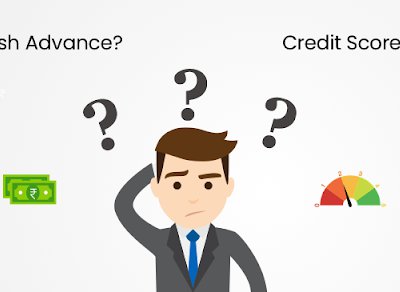When you refinance a loan, it simply means you’re getting a new loan to pay off a loan you already have. It’s a strategy that is particularly useful in saving you money if you qualify for it. When is refinancing a personal loan a good thing?
Improved Credit Score – People with a credit score of 690 or higher can often get lower interest rates on a personal loan. If your first loan is paid on time, your credit score is likely to have improved. Thus, you can probably get a lower rate on the refinanced loan.
- You Want A Lower Payment – A refinanced loan often extends the repayment terms and reduces your monthly payment. This can increase the cash flow you have in your household each month. This will help you to pay for other debts or begin an emergency fund. An extended term means more interest is paid and you’re in debt for a bit longer.
- You Want To Quickly Pay Off The Loan – If you can handle a higher monthly payment, consider refinancing the loan to be paid off in a shorter timeframe. This will decrease the amount of interest you pay and give you the better rate you want.
- You Want A Fixed Rate – Many personal loans have a variable rate, which is affected by the market rates. This can make it difficult to know just how much you’ll pay each month for your payment. However, a fixed rate means your payment is a set amount each month for the length of the loan.
What Do You Need To Refinance Your Loan?
If you’re going to refinance your existing personal loan, there are three things you have to have to ensure your new loan will be better than your old one:
- Total amount owed
- What you estimate your new rate to be
- Review the numbers to see if it makes sense
There are several lenders that approve personal loan refinancing including SoFi, LightStream, and BestEgg. Before you sign with any of them, make sure to really look at your current loan and their offered loan terms to ensure you’re getting a good deal in the grand scheme of things.
Refinancing can offer you a lower APR, so long as your debt-to-income ratio has gotten better and you’ve been on-time with your credit obligations. If you can pay more on your loan, you can shorten the repayment period, which decreases the overall interest costs and pays off the debt quicker.
However, a longer loan term also means paying more on the interest. You may also need to pay origination fees, which could negate any savings you get from the refinancing. You may also be imposed with prepayment penalties if you pay the loan off early.






